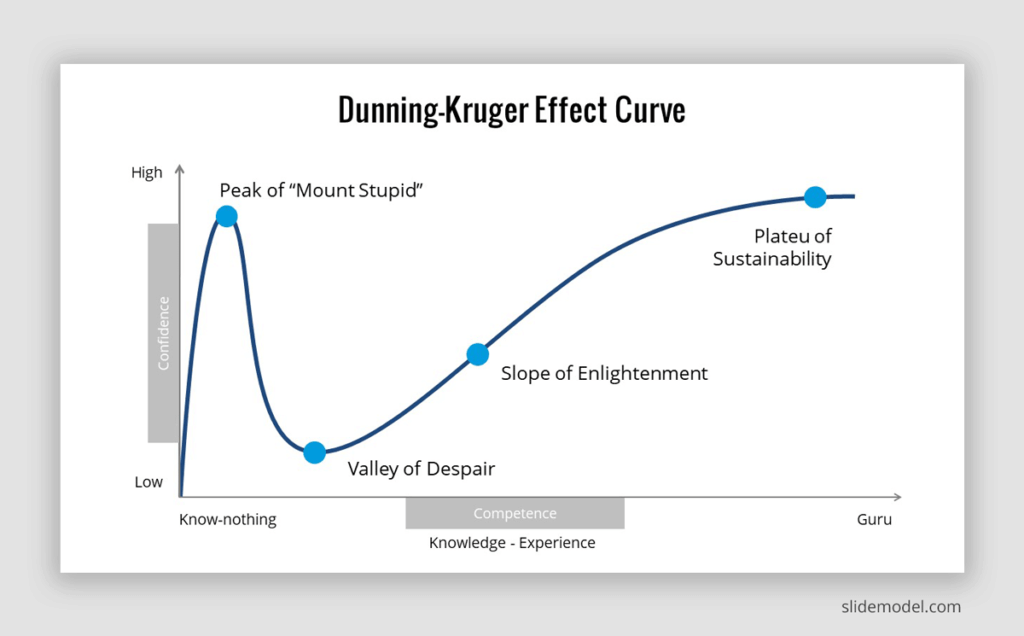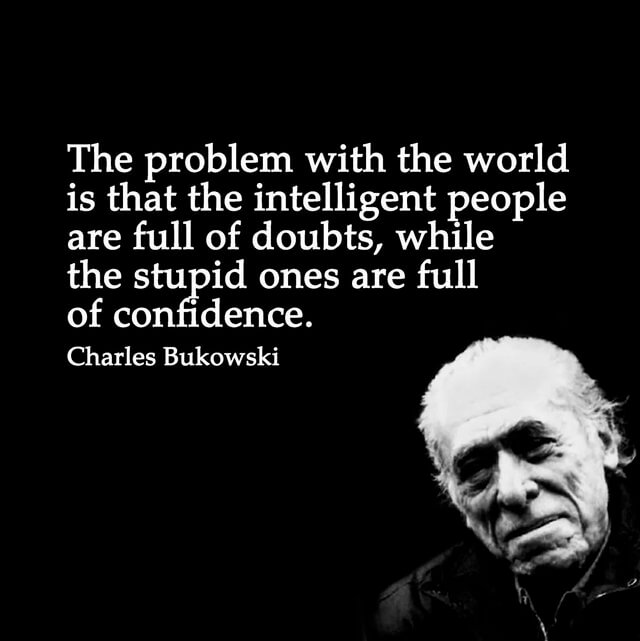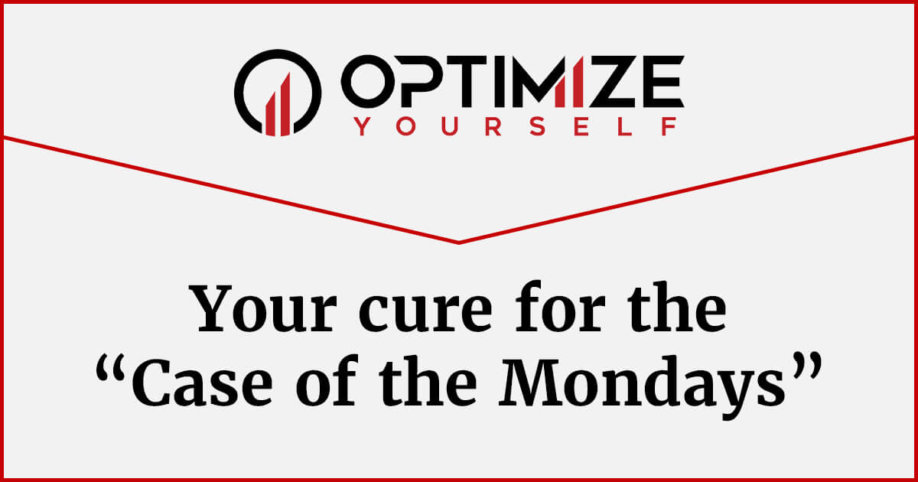This week I came across the following article titled Toxic Workplaces are Bad for Mental & Physical Health, Surgeon General Says. And this is literally how it begins:
“The U.S. surgeon general is telling Americans for the first time that disrespectful or cutthroat workplaces could be hazardous to their health.”
My immediate gut response was:
In other news…water is for the first time officially declared wet.
Um, duh?
Are there really people out there who honestly believe working chronically long hours surrounded by assholes who disrespect them and exploit their time & talent has some long term benefits? Or at worst has no benefits but also does no harm?
Seriously…
HOW DID WE GET HERE????
How did we reach a point where we even need to survey workers and spend the research money necessary to come to this conclusion? Don’t get me wrong I’m thankful there are people doing this work and putting this out there publicly, but it seems to me we could have just as easily made this assumption and put that money & effort towards finding solutions (or at least learning more about the problem).
But then I really started to think about how we got here, and I think I have a pretty solid hypothesis.
How We Got Here
If I could boil down into a single phrase the 173 different bullshit reasons for why our jobs have devolved into the toxic and exploitative shitstorm we’re living in now where we have to fight for just a 12 hour workday, it would have to be the following:
“This is how we’ve always done it.”
Whether it’s justifying the exploitation and devaluing of creative workers as having to“pay your dues,” or expecting insanely long work hours because “the schedule is the schedule,” or drastically under-budgeting a project and offering less than what someone is worth because “there is no more money,” you better not ever EVER question the powers-that-be.
For decades it’s not only been expected but for many it’s also even assumed that the only way to climb the career ladder to the top is to step over others along the way, thus becoming an asshole. After all “nice guys (and girls) don’t finish last.”
It’s only recently – specifically in Hollywood, but also across many other industries – that culture is finally pushing back and cracking down on toxic workplace abuses. Whether it’s the #MeToo movement, #PayUpHollywood, #BlackLivesMatter, or numerous other revolutions that have emerged in the last several years, it’s clear that we’ve finally decided enough is enough.
While I clearly support the idea of setting boundaries and fighting back against any form of exploitation, I also think it’s important to better understand how we got to the point of not only accepting this is how we’ve done it, but also that this is how we should continue to do things going forwards.
I believe how we got here can all be summed up by what is called “The Dunning-Kruger Effect.” Based on a study done in 1999 by David Dunning and Justin Kruger, The Dunning-Kruger effect occurs when a person’s lack of knowledge or experience in a particular area causes them to overestimate their competence…or conversely their high level of expertise causes them to underestimate their confidence.

To put it simply – incompetent people think they know everything, and masters of their craft realize how little they actually know.
This means that if you have an incredibly high level of confidence about your skills or experience and “you know how it’s done,” there’s a high probability you don’t know shit.
And if you have a raging case of imposter syndrome and don’t feel “ready enough” because there’s still so much more to learn, short of being an absolute beginner, you’re probably a lot farther along than you think you are.

Whether we’re talking about our current state of political discourse or the latest cutting-edge research that has discovered toxic workplaces are detrimental to our health, it’s pretty obvious that we’re living through the peak of “Mount Stupid” right now.
But there is good news…
Becoming an incompetent asshole who tows the line and maintains the status quo is no longer a prerequisite for success.
In fact as a lot of recent research suggests (much of it brilliantly synthesized by bestselling author Adam Grant in his masterpiece Give and Take), those who provide value first and treat people with respect actually become more successful than the assholes.
If You Work For Assholes…There Is Hope
Tomorrow I’m releasing a fascinating conversation with Oscar-winning director Peter Ramsey (Spider-Man: Into the Spider-Verse) where we talk all about his path to becoming “The Obama of Animation” coming from South Central LA with no connections in the industry and rising to the top of the feature animation world as a director. But we don’t talk about the craft of animation. Instead we dive into the key mindset that allows him to be so incredibly successful despite his circumstances – The Beginner’s Mindset.
If ever there was a person who demonstrates absolute expertise but approaches his work from a place of humility, kindness, and realizing there is always more to learn, it’s Peter Ramsey.
Click here to subscribe so you don’t miss this episode when it drops.
Until it releases, I’d love to know friend:
What is one example of a situation you’ve dealt with recently at work that demonstrates the Dunning-Kruger Effect in action?
BTW, if you didn’t know already, I read every message I receive personally. And I’m looking forward to connecting with you.
Be well.
Zack Arnold
Creator, Optimize Yourself

